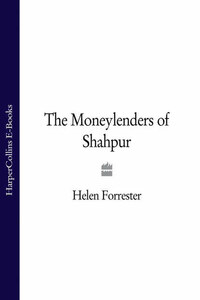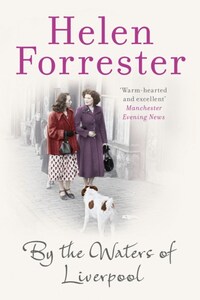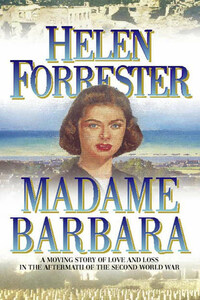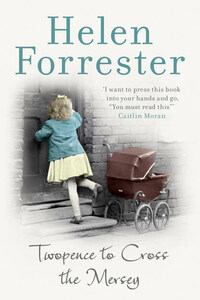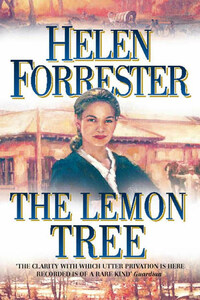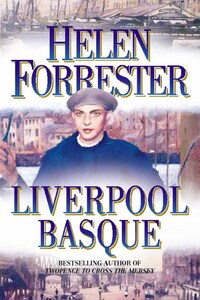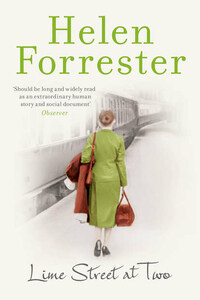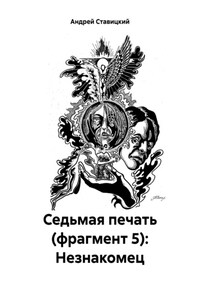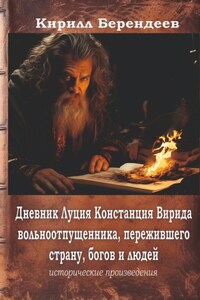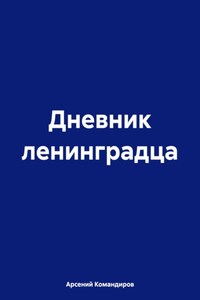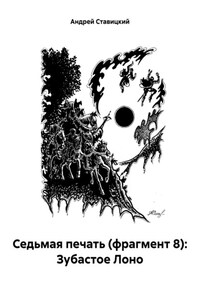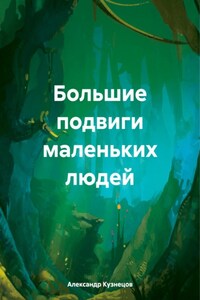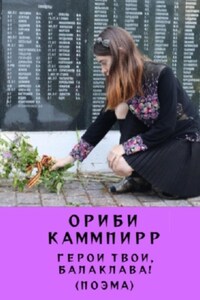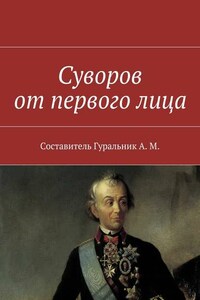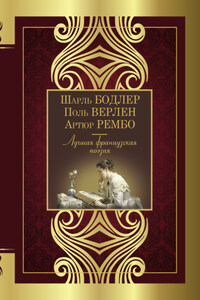‘They’ll think I’m mad,’ muttered Dr John Bennett to himself, as he waited for the station porter to load his luggage into a tonga. ‘To come back to India, when so many Indians are trying to settle in the West. It won’t make sense to them, even though I was born and brought up here.’ He smiled wryly to himself. ‘Mad dogs and Englishmen …’
For over a year now, he had been thinking seriously of returning to India. He was bored by his job as lecturer in Asian Studies. He was tired of Liverpool, its cold, its dampness, its depression; he longed for sunshine. Suddenly, he could stand it no longer. He had his Air Force pension and some savings; he had no family. At the end of the 1949/50 university year, he packed up his books and joyfully took a boat out to India.
Now he stood unsteadily at the top of the imposing steps of Shahpur station, a thirty-four-year-old Englishman, whose war wounds in his legs ached abominably, and wondered if he would still be welcome; India had, after all, fought very hard to rid itself of the British, and it had had its freedom for only two years.
People pushed and shoved past, their luggage perilously poised on the heads of porters. Where once there would have been a number of white faces amongst them, now there was none. Amid the crowds of Hindus and Muslims, a fair sprinkling of Jains stood out, distinguished by their plain white clothes and their more sedate movements.
Looking across the railway lines, he could see the Chemical Works which his father had managed until his death. He observed from the neon sign that its name had been altered to the Star of Asia Chemical Company, and a large addition had been built. The smell of sulphur and other chemicals from it far outweighed the more traditional odours of horse manure and open drains.
He shifted his weight off his wounded legs and on to the two sticks with which he supported himself. God, how the heat made his wounds throb – but at least here he would not have to stand on them while he lectured, he consoled himself. He would try to find his old friend, Dr Ferozeshah, and get him to prescribe a pain reliever for him.
A dignified, elderly Jain came slowly up the steps, his quiet, saintly face lit by a smile, the palms of his hands held together in greeting.
‘John, I am pleased to see you. I’m sorry I’m late. Your letter arrived only an hour ago.’
He paused for breath, and then looked aghast at John’s sticks. ‘You’ve not been cured?’ he asked, a quaver in his voice.
John was sharply reminded that Jains regard physical disability as a punishment for misdemeanours in previous lives, and his heart sank a little.
‘No,’ he replied, as he watched his father’s old friend trying to overcome his repugnance. ‘But I can manage quite well with my sticks – and on a bicycle.’
The older man recovered some of his composure.
‘I am very relieved to hear that,’ he said, looking again uneasily at the offending legs, then averting his gaze to look round the station yard. ‘We must get a tonga.’
‘I have one,’ said John, as he slipped a coin into the eager palm of the hovering porter.
They moved slowly to the little carriage, which was weighed down with a trunk, a bedding roll and three suitcases.
‘Thank you for coming to meet me, Dr Mehta.’
‘I was most happy to come,’ replied Dr Mehta with conviction. ‘Since the death of your dear father and mother in that dreadful aeroplane accident, I have felt as a parent to you – and I hope you will regard me as such.’
John warmed to the kindly old man, and he felt sad that someone so gentle should have aged so much. The once upright figure was bent and thin, the face fine drawn. The voice which he remembered so well from many a lecture on English literature had lost its richness and was faded.
‘You are very good,’ he said.
He struggled into the carriage after Dr Mehta, using a firm grip on either side of the door at the back to swing his awkward legs up and over the difficult steps. He cursed under his breath as he hit his knee.
‘And how is little Anasuyabehn?’ he inquired, as Dr Mehta and he settled themselves on the side seats. ‘She was about to be married last time you mentioned her in your letters.’
Dr Mehta arranged his white dhoti neatly round his legs before he answered. His ascetic-looking face registered an uneasy frown. Finally, he said, ‘Her betrothed died, so she is not yet married – being motherless makes life a little more difficult for her than it should be – but I shall arrange another marriage for her soon. She must have time to recover.’ He did not mention a grave shortage of suitable young men in his caste or that he had left his child’s marriage rather late, because he found it hard to part with her.
